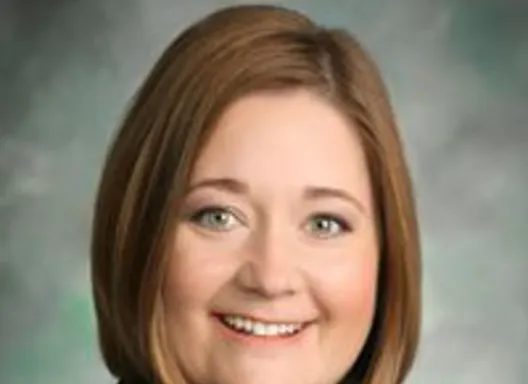 |
| National Portrait Gallery (Wikimedia commons) |
When Jane and I were in Washington last weekend we visited the National Portrait Gallery on the mall. Among their permanent and traveling exhibitions I was particularly moved by "The Struggle for Justice," an ongoing exhibition that
...showcases the determined men and women--from key nineteenth-century historical figures to contemporary leaders--who struggled to achieve civil rights for disadvantaged or marginalized groups. (from the webpage).The presentation implies, with some justification, that America's perennial effort to live up to its own ideals has been largely focused on inclusion of excluded groups of people. The premise is that the Framers of our Constitution got a lot right when they designed a political system "of the people, by the people, for the people" (quoting the Gettysburg Address). Injustice happened because they, and many Americans over the years, have had a crabbed understanding of who counts as people.
The stories of abolition, black civil rights and women's rights have been often told, and justly so. What is so moving is to see representatives of each movement here. mixed in with advocates for gays, the mentally handicapped, farm labor and Native Americans. It's quite a gathering--check the slide show on the museum's web page and imagine the whole bunch at the same bar--and to these could be added advocates for prisoners, survivors of violent crime, Catholics, religious minorities, transgendered, the physically handicapped and the mentally ill. Each of them stood up at one time or another to shout "We count, too!" They are truly American heroes. The tragedy is that the shouts needed to be made at all, not to mention how long it took for them to be heard over the steady drone of ignorance and prejudice.
 |
| "By Parties Unknown" by Hale Woodruff (1900-1980), at the Phillips Gallery in Washington DC |
Although the principle of inclusion is straightforward, it doesn't always provide clear decision rules on, for example, what to do about the class of immigrants known as the Dreamers. Moreover, it can be complicated or co-opted in practice. The week I saw the exhibit, the Trump administration issued a rule change allowing businesses not to provide female birth control coverage in employer-provided health insurance. Vice President Pence walked out of an NFL game in a surely-orchestrated protest against protesting players. In both cases, the officials sought to avoid the issue of inclusion either by claiming greater victimhood (do employers have a right-to-decide employees' health coverage that the government is violating?) or by simply changing the subject (respect the flag!). Meanwhile, a Seattle coffee house owner evicted some customers because prior to coming there they had been distributing anti-abortion pamphlets (Bollinger 2017). Not everyone is covered by the provisions of the Civil Rights Act, but the same principle of inclusion means we can have deeply-held disagreements without being enemies. According to the article, which is written from the hard-to-swallow perspective that the eviction was justified, the coffee house owner is gay, and surely has known exclusion I never have experienced. Still, we all have to live together. All of us.
The Smithsonian exhibit is optimistic, depicting an America living ever truer to its ideals--"striving upward towards perfection," to take one of my favorite John Wesley quotations somewhat out of context. May it be so.
SEE ALSO: "Strength Through Diversity," 1 March 2014



No comments:
Post a Comment